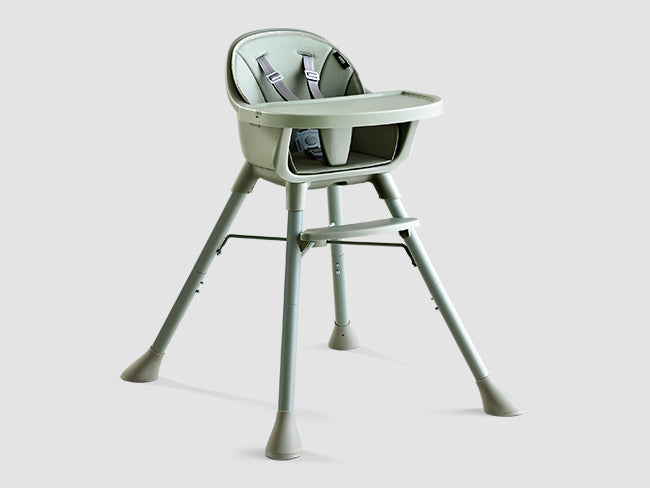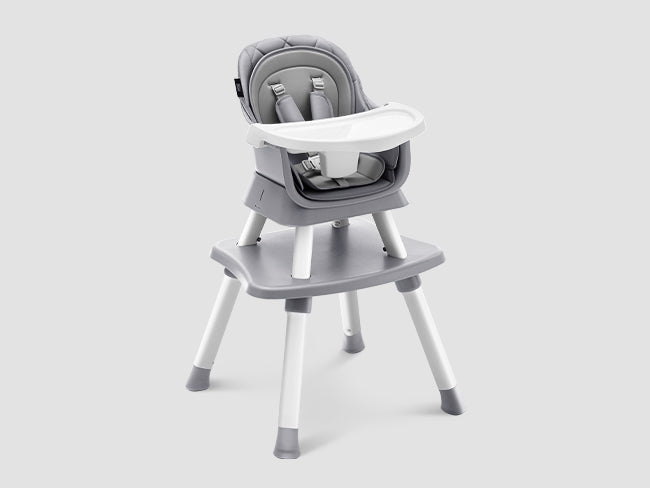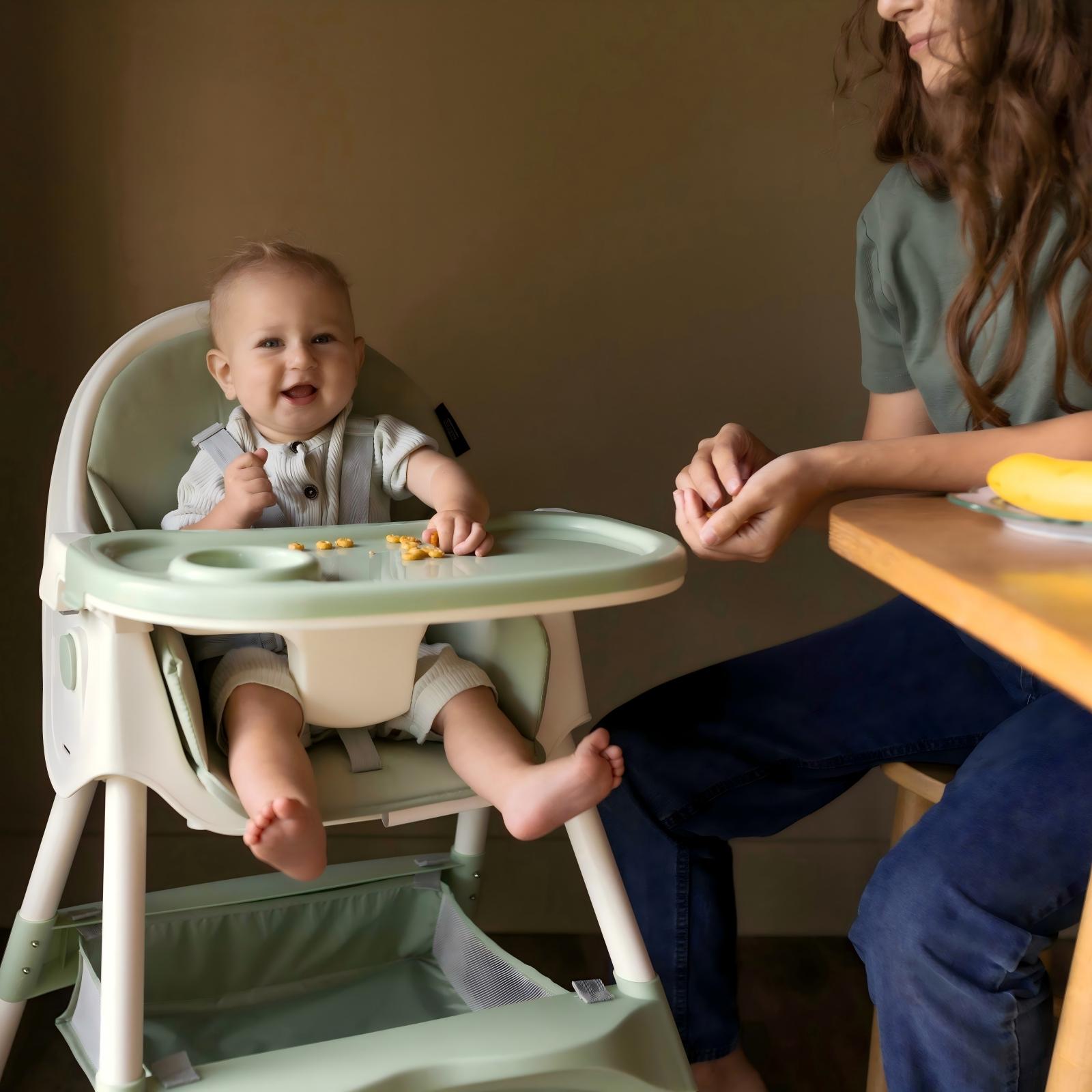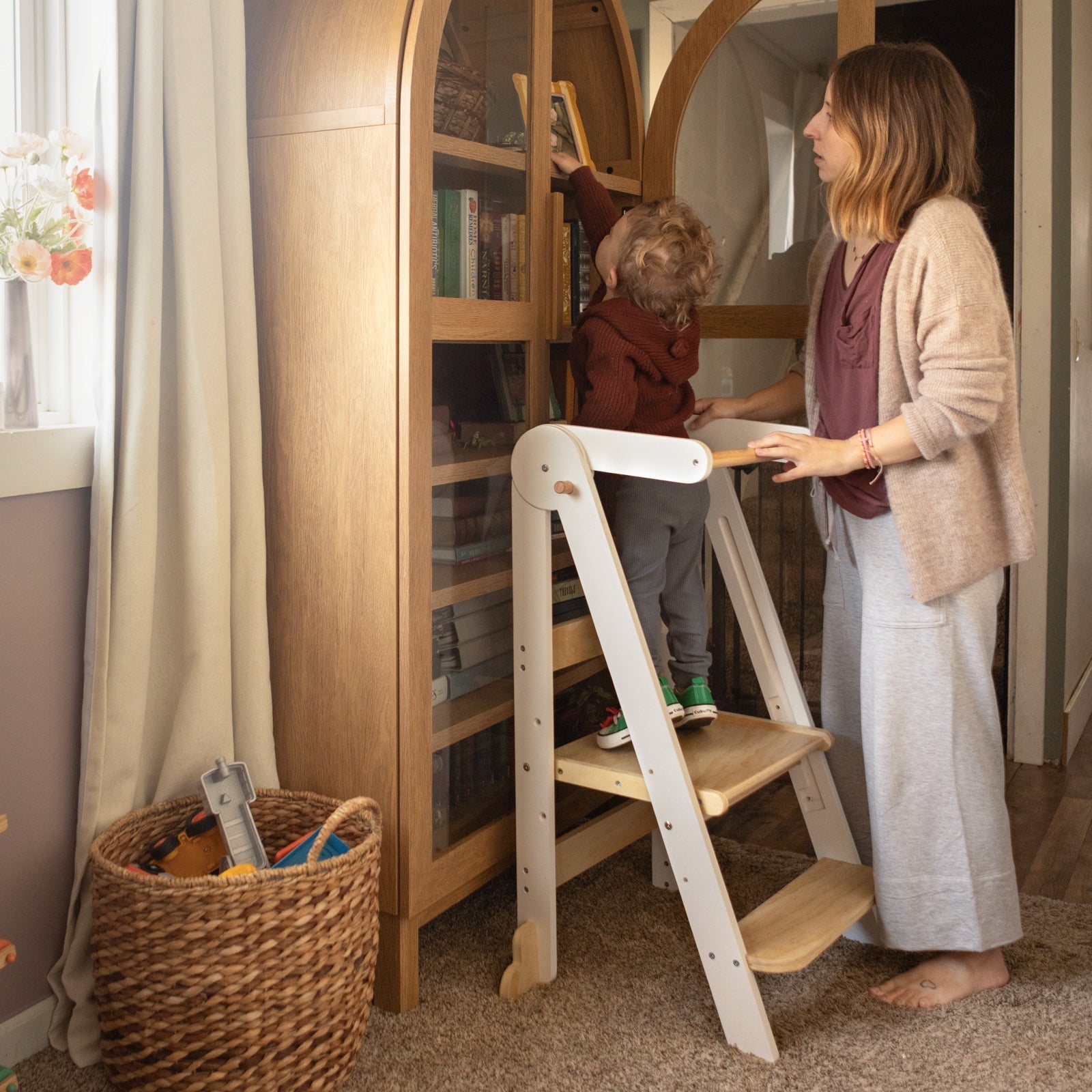For first-time parents, every trip outside with a child can feel like stepping into the unknown. Children are full of curiosity, and parents’ role is not only to protect but also to observe and guide, turning every outdoor activity into a learning opportunity.
1. Let Children Explore with Their Senses
Children learn through sight, hearing, touch, smell, and taste (safely). In parks or gardens, encourage them to touch leaves, smell flowers, and listen to the wind through the trees.
Tips for first-time parents:
-
Ask guiding questions rather than giving answers: “What did you notice? How is this leaf different from that one?”
-
Encourage verbal expression of observations to build language and attention skills.
-
Offer safe items to explore, like small stones or wooden pieces, letting children make choices.

2. Physical Activity as Learning
Hills, grass, and shallow puddles are not just play spaces—they train coordination, gross motor skills, and spatial awareness. Climbing, jumping, and balancing are natural ways to strengthen the body.
Tips for first-time parents:
-
Observe and supervise without over-intervening, allowing children to judge their abilities.
-
Encourage taking turns or choosing activity order to develop decision-making and patience.
-
Ensure safety but allow small challenges to build confidence.
3. Emotional Regulation and Independence
Children will face small challenges outdoors: slipping, encountering unfamiliar animals, or uncertainty about direction. Parents can guide them to manage emotions: deep breaths, trying new movements, or asking for help.
Tips for first-time parents:
-
Use gentle language: “The stream is slippery; let’s go slowly and see if you can cross it.”
-
Encourage attempts rather than doing it for them, fostering independence and self-confidence.
-
Praise small successes to reinforce effort and achievement.

4. Enhance Parent-Child Interaction and Cognitive Skills
Every outdoor activity is an opportunity for interaction. Observing insects, collecting leaves, and recording discoveries help children develop observation and reasoning skills.
Tips for first-time parents:
-
Integrate observation and discussion into daily activities: “We found different leaves today. Can you sort them?”
-
Record explorations with drawings or photos to help children review and reflect.
-
Encourage questions and hypotheses, guiding rather than providing all answers to foster critical thinking.
5. Conclusion
For first-time parents, outdoor exploration is more than playtime—it’s a classroom for education, emotional growth, and bonding. Through sensory experiences, physical activity, emotional regulation, and interactive discussion, children develop independence, curiosity, and confidence, while parents learn observation, understanding, and guidance.
Even in urban parks or community gardens, approaching each outing with observation, guidance, and companionship turns small excursions into valuable educational experiences.




























